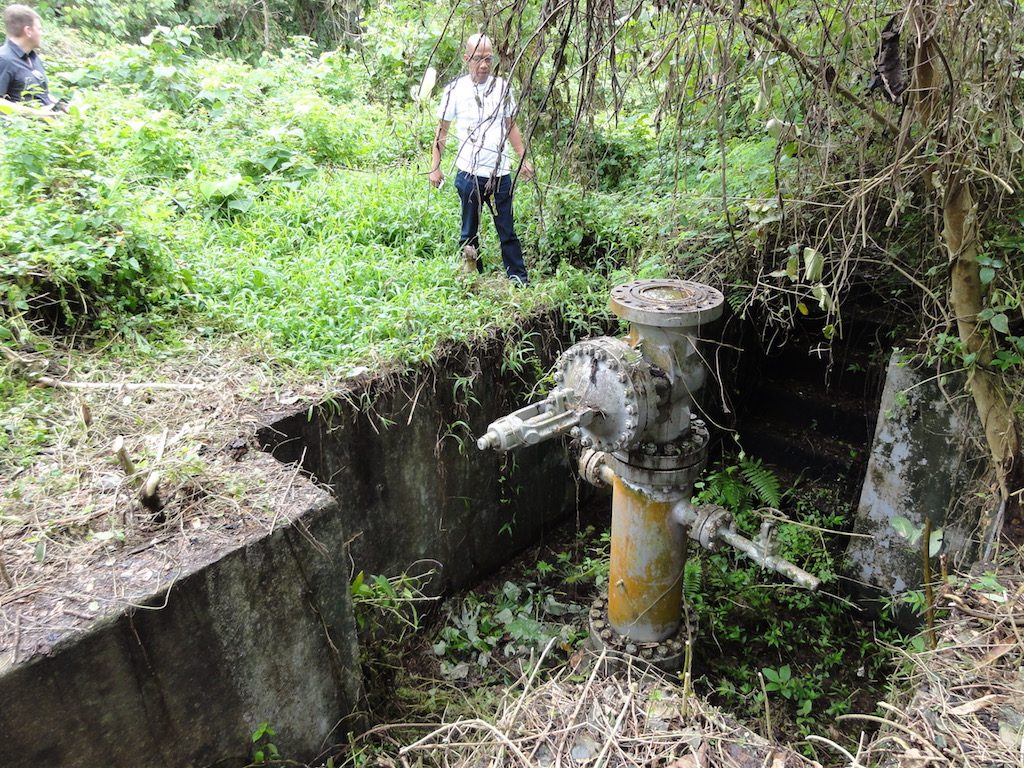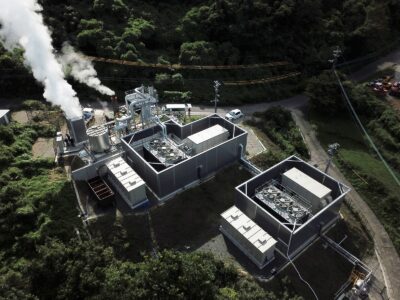Experience from Costa Rica helping Philippine geothermal project on brine acidity challenge
The developer of the geothermal power project on Biliran Island in Leyte, Philippines has found a way to deal the high acidity of the brine fo the wells drilled, using a similar chemical treatment used in the Miravelles geothermal field in Costa Rica.
The geothermal project on Biliran Island in the Philippines has seen ups and downs over the years. Abandoned by EDC in the 1980s over the acidic nature of the fluids from drilled wells, development picked up again in 2013, but soon faced the same problem.
Now scientists from the Philippines have found a way to address the acidity of the resource on Biliran in Leyte and are hopeful to now being able to successfully develop the project.
The developer Biliran Geothermal Inc. disclosed in a statement over the weekend that a series of tests effectively treated the acidic nature of the fluids from the drilled wells, making the field fit for the generation of geothermal power.
The Biliran project is considered one of the largest greenfield geothermal projects in the Philippines with a potential of 350 MW.
“Acidic wells are very problematic. This is a challenge faced by every geothermal energy developer much like Biliran,” said Aylmer Marbello, a Biliran geothermal geologist.
Last year, Philippines-based Emerging Power Inc. l acquired a 60% stake in BGI and proceeded with the development of the project. Emerging Power is majority owned by Nickel Asia Corp., one of the country’s biggest mining companies. We reported on the project before.
“When we completed the drilling, majority of the wells were acidic. We had to address the situation to ensure the success of the project. After a number of studies, we identified the solution we now call as the FMS,” Biliran geothermal geophysicist Nilo Apuada said.
The FMS involves the injection of chemicals into the wells to treat the acidity, making the brine acceptable for use in the generation of geothermal power. It entails careful and rigid monitoring of the well geochemistry and correct dosage and application of chemicals.
The chemical treatment was used in the Miravelles geothermal field in Costa Rica, where the geothermal brine required treatment for acidity.
Source: Manila Standard


















